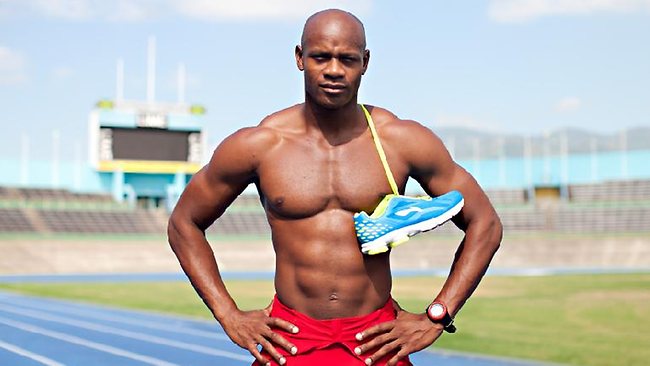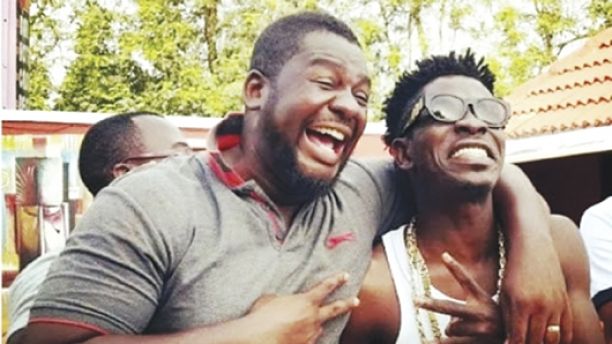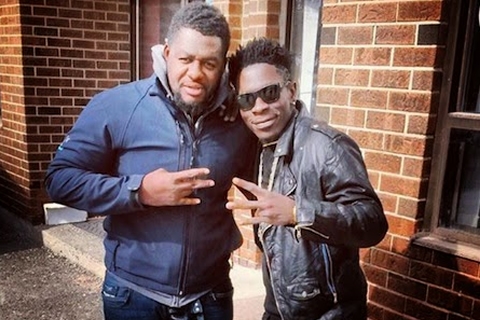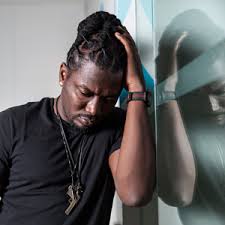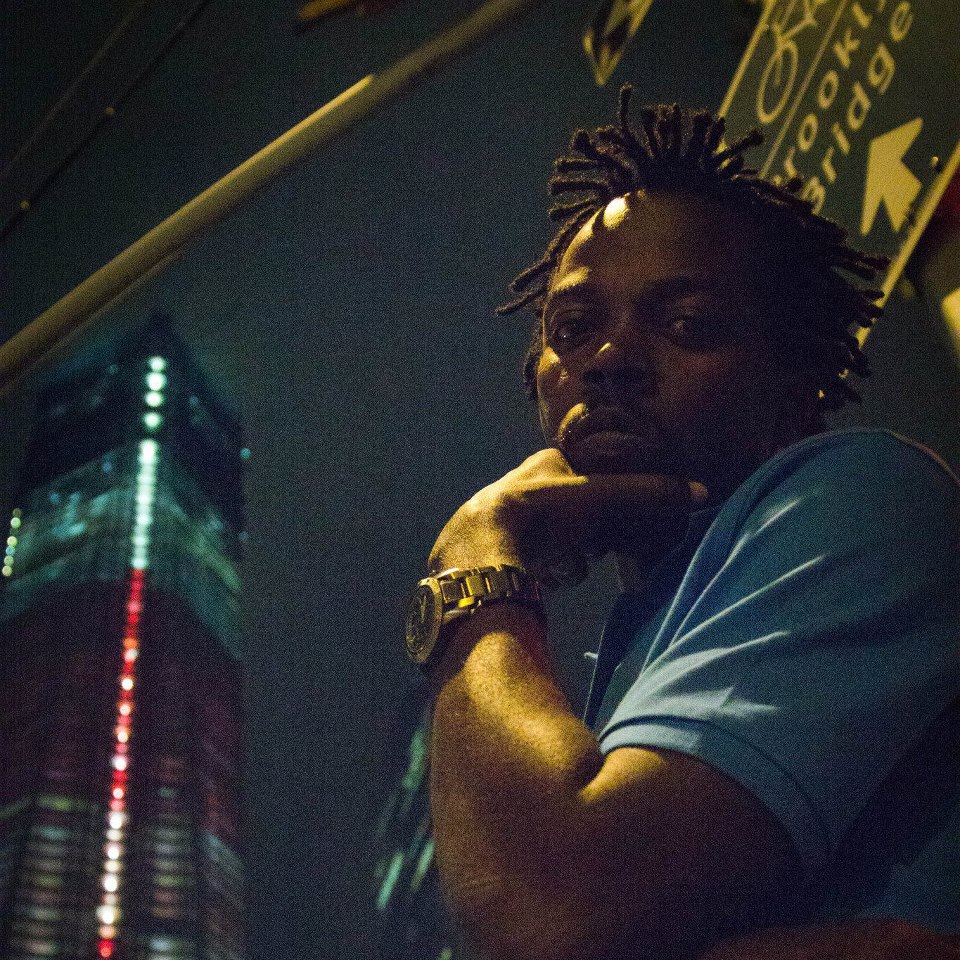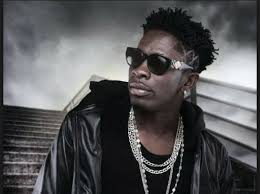 Although event organiser Charter House has taken him to task on videos and songs he released online pointing out their defamatory nature, self-acclaimed dancehall king seems to be enjoying some good news thanks to an article done by Cecelia Campbell-Livingston for the Jamaica Observer.
Although event organiser Charter House has taken him to task on videos and songs he released online pointing out their defamatory nature, self-acclaimed dancehall king seems to be enjoying some good news thanks to an article done by Cecelia Campbell-Livingston for the Jamaica Observer.
The article which touched on Shatta Wale winning the Best New Entertainer category award at Martin’s International Reggae and World Music Awards in Miami, his rise in the Ghanaian dancehall sphere and his aspirations for the future got a thumbs up from the Korle Gonno godfather when he posted on his facebook page “THANKS FOR THE JAMAICAN OBSERVER FOR MY PUBLICATION IN THEIR NEWSPAPER..HIGHER HEIGHTS!!! ?#?SM”.
Often Shatta and his manager have castigated the local media making various claims, perhaps Shatta and his team seek more of the good news rather than the controversy.
Below is the article published in the Jamaica Observer.
AT the October 4 Martin’s International Reggae and World Music Awards in Miami, African singjay Shatta Wale won the Best New Entertainer category.
The Ghanaian artiste, born Charles Nii Armah Mensah Jnr, is known in his homeland for songs such as Dancehall King, Enter The Net and Like My Ting. He told the Jamaica Observer that he has been making his own brand of dancehall music since the 1990s when he was known as Doggy.
“My Dad was my motivation, playing songs like Bob Marley, Peter Tosh, Shabba Ranks and Buju Banton,” he said.
A studio engineer by profession, Shatta Wale records most of his songs at his home studio in Ghana. He also works with other African artistes and recently collaborated with Jamaican singjay Jah Vinci on the single Party All Night.
The 34-year-old artiste does not want his Jamaican link to stop there. He would love to work with Bounty Killer, Mavado, Beenie Man and Sizzla.
“I collaborating with them would be a perfect musical marriage,” he said.
Shatta Wale points to lack of unity among African artistes as one of his greatest challenges.
“I have therefore formed a group called Dancehall Artiste Welfare Association which is going on well in Ghana,” he said. “Most of us dancehall/reggae musicians in Ghana live in serious poverty but many can’t speak up because of how our industry is.”
